
Guinea’s Gold, Africa’s Fight: The Rise of Resource Nationalism
For decades, Guinea’s story mirrored Africa’s painful paradox: a land of staggering mineral wealth, yet a people sidelined from its riches. With the world’s largest bauxite reserves, plus gold, diamonds, and iron ore, Guinea epitomized exploitation—foreign entities mined its treasures, while its citizens saw scant rewards. Today, that narrative is being torn apart.
The Legacy of Exploitation
Guinea’s soil has long been plundered. Foreign corporations extracted billions in minerals, leaving behind:
- Environmental degradation
- Minimal local economic benefit
- A paltry 15% revenue share for Guinea (compared to global averages of 40-60%)
“They took our gold and left us with holes,” lamented a local miner. For years, Guineans watched their wealth flow overseas, fueling global industries while their communities languished in poverty.
Guinea’s Bold Reclamation
In 2023, Guinea’s government declared total control over its mining sector, dismantling opaque deals and enforcing strict regulations:
- Renegotiated Contracts: Demanding fair profit-sharing and local employment quotas.
- Transparency Laws: Public disclosure of mining revenues and environmental impact assessments.
- Community Investment: Mandating 10% of mining profits fund education, healthcare, and infrastructure.
“Our resources belong to our people,” stated Mines Minister Moussa Magassouba. “The era of exploitation is over.”
A Continent-Wide Movement
Guinea isn’t alone. From Namibia’s diamonds to Niger’s uranium, Africa is rising:
- Ghana: Imposed a 5% royalty increase on gold exports, channeling funds into tech hubs.
- Zimbabwe: Banned raw lithium exports to boost local processing.
- DRC: Revoked licenses of Chinese firms violating labor and environmental laws.
The message is clear: Africa for Africans.
Challenges Ahead
Resource nationalism faces hurdles:
- Foreign Pushback: Corporations threaten legal action and disinvestment.
- Corruption Risks: Ensuring revenues reach citizens, not elites.
- Global Market Pressures: Balancing sovereignty with international partnerships.
Yet, Guinea’s resolve inspires hope. As Magassouba asserts: “We’ll no longer beg for crumbs. Our soil, our rules.”
Why This Matters Globally
Africa’s resource revolution reshapes geopolitics:
- Economic Power Shift: Reduced reliance on foreign aid and loans.
- Climate Leverage: Critical minerals for green tech give Africa bargaining power.
- Youth Empowerment: Jobs and skills for the world’s youngest population.
Join the Conversation!
Is resource nationalism the key to Africa’s economic freedom? Can Guinea’s model work continent-wide? Share your thoughts below!
[CTA]: “Subscribe for in-depth analyses on Africa’s economic transformation and global resource politics.”
Why This Matters:
Guinea’s stand symbolizes Africa’s reclaiming of agency. By rewriting resource governance, the continent challenges centuries of exploitation—and charts a path to true independence.
Stay tuned as we track Africa’s journey from extraction to empowerment.





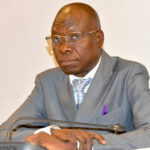


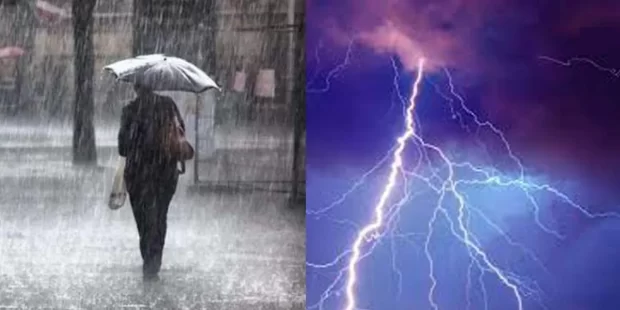
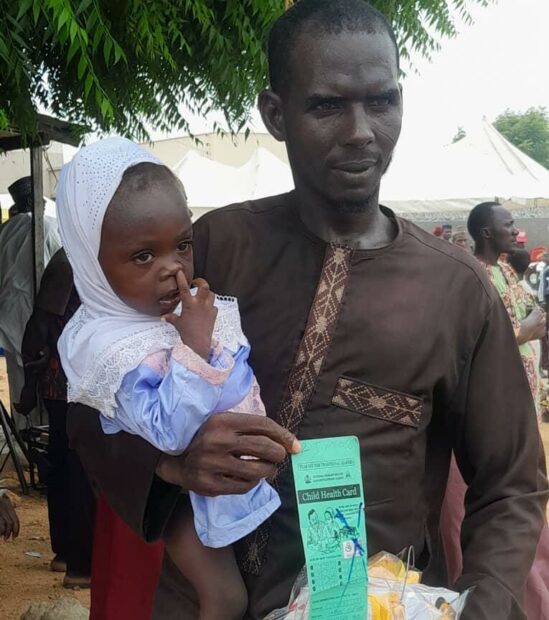
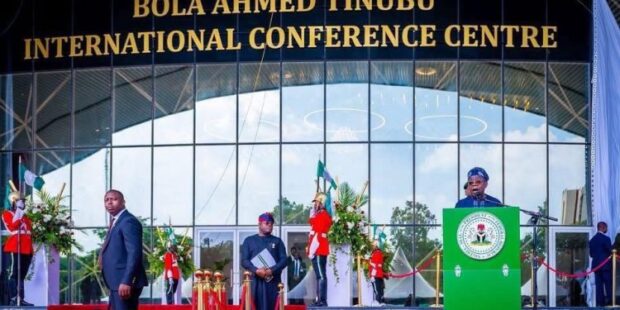
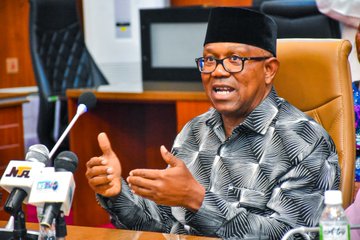
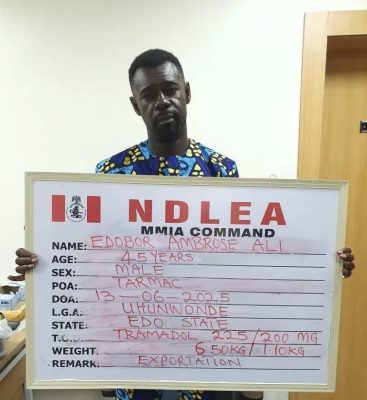

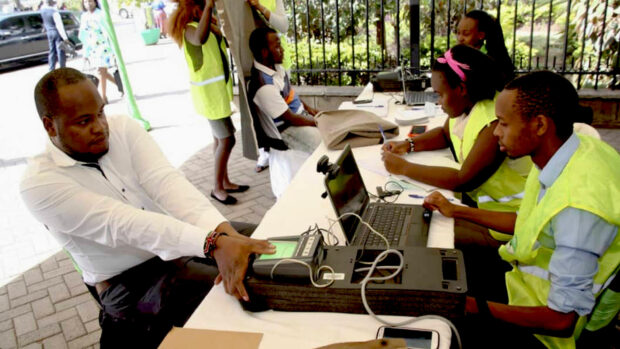
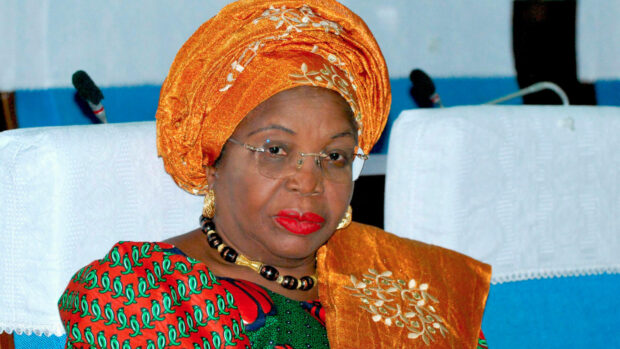

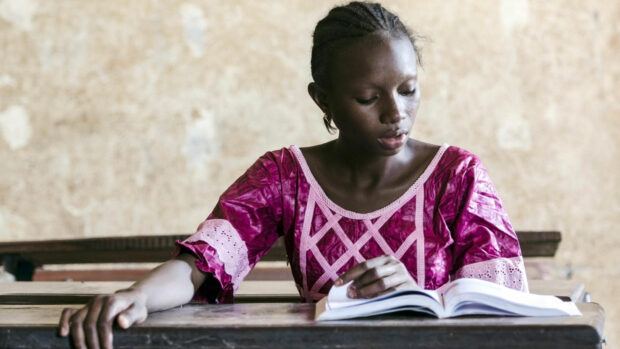
Be the first to leave a comment